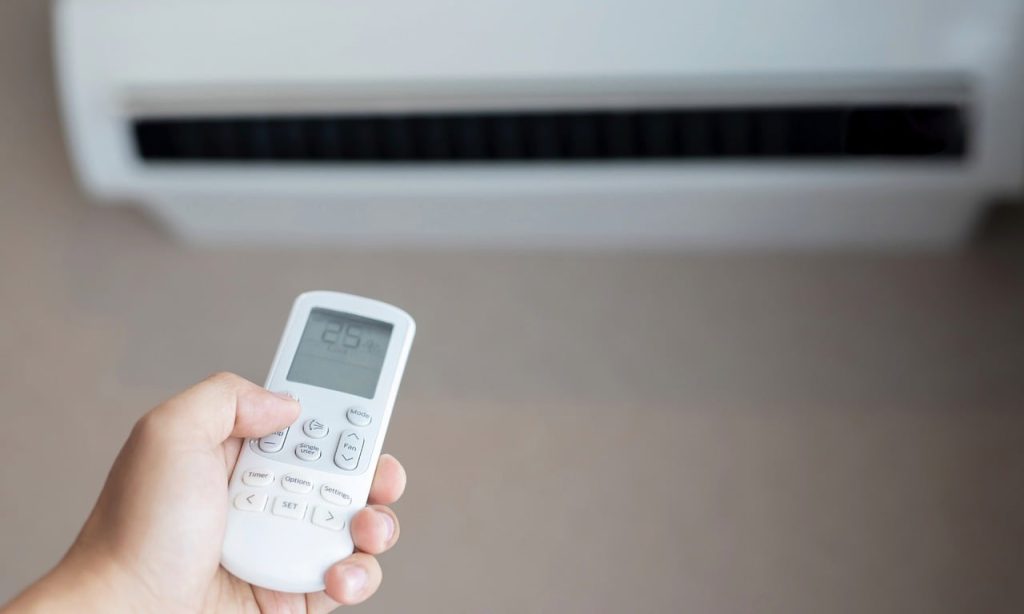As heat waves become more frequent and intense, protecting your home and ensuring the comfort and safety of your family is more important than ever. Here are some practical tips and strategies to help you stay cool and safe during extreme heat conditions.
Optimize Your Air Conditioning System
Your air conditioning system is your primary defense against extreme heat. Regular maintenance is crucial to ensure it operates efficiently. Schedule annual checks, clean or replace filters monthly during peak usage, and inspect your home for air leaks around windows, doors, and ductwork. Sealing these leaks can prevent cool air from escaping and reduce your energy bills. Additionally, consider using a programmable thermostat to adjust the temperature when you’re not home, saving energy while maintaining a comfortable environment.
Enhance Insulation and Ventilation
Proper insulation and ventilation play a vital role in keeping your home cool. Ensure your attic is well-insulated to prevent heat from entering your living spaces. Reflective insulation can be particularly effective in deflecting heat. Use exhaust fans in kitchens and bathrooms to remove hot air and moisture, and make sure your attic is adequately ventilated to allow hot air to escape. These steps will help maintain a cooler indoor environment and reduce the load on your air conditioning system.
Block Out the Sun
Sunlight can significantly increase indoor temperatures, so it’s essential to block it out effectively. Install blinds, shades, or curtains to prevent sunlight from entering your home. Reflective or blackout curtains are particularly effective. Applying window tinting film can also reduce heat gain and UV rays. Additionally, consider using exterior shades like awnings or shutters to block direct sunlight from entering windows, further reducing indoor heat.
Use Energy-Efficient Appliances
Appliances can generate a significant amount of heat, adding to the indoor temperature. Opt for energy-efficient models to minimize this effect. Replace incandescent bulbs with LED lights, which produce less heat and use less energy. Choose appliances with the ENERGY STAR® label to reduce heat output and energy consumption. Moreover, try to minimize the use of heat-generating appliances like ovens, stoves, and dryers during the hottest parts of the day to keep your home cooler.
Implement Smart Landscaping
Your home’s exterior can significantly impact its interior temperature. Implementing smart landscaping can help keep your home cool. Plant trees or tall shrubs to provide shade and reduce the amount of direct sunlight hitting your home. Use reflective roofing materials or light-colored shingles to deflect heat. If feasible, consider installing a green roof with vegetation, which can insulate your home and reduce heat absorption, helping to keep indoor temperatures lower.
Stay Hydrated and Cool Indoors
Keeping yourself and your family cool and hydrated is just as important as maintaining a cool home. Drink plenty of water throughout the day and avoid excessive caffeine and alcohol, which can dehydrate you. Create a cool space in your home by using fans, portable AC units, or a basement area. Spend time in this space during peak heat hours to stay comfortable. Wear light, breathable fabrics to help stay cool indoors.
Emergency Preparedness
Being prepared for power outages and other emergencies during extreme heat is essential. Consider investing in a generator to keep essential appliances running during a power outage. Keep an emergency kit with water, nonperishable food, medications, and first-aid supplies. Ensure that older family members, young children, and pets are safe and comfortable, and check on neighbors who may need assistance. Being prepared can make a significant difference in maintaining comfort and safety during heat waves.
Energy-Saving Tips
Implementing energy-saving practices can help reduce the strain on your air conditioning system and lower your energy bills. Take advantage of cooler nighttime temperatures by opening windows and using fans at night, then closing them in the morning to trap the cool air inside. Set your thermostat to the highest comfortable temperature, as every degree higher can save you money on your cooling costs. Using ceiling fans to circulate air can create a windchill effect, making you feel cooler without lowering the thermostat.
Conclusion
Extreme heat waves require proactive measures to keep your home and family safe. By optimizing your air conditioning system, enhancing insulation and ventilation, blocking out the sun, using energy-efficient appliances, implementing smart landscaping, staying hydrated, being prepared for emergencies, and adopting energy-saving practices, you can create a comfortable and safe environment during the hottest days of the year.


Great post! The information is clear, insightful, and very useful.